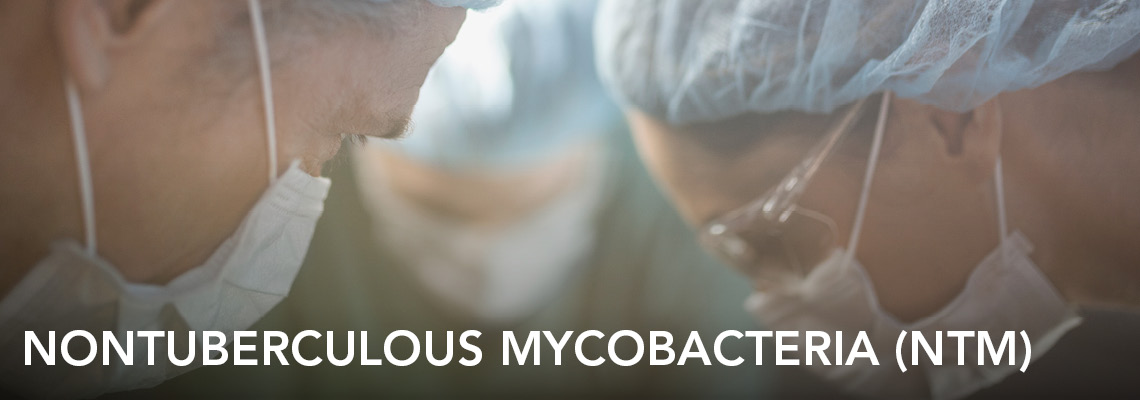Nontuberculous mycobacteria NTM
What you need to know
The Centers for Disease Control and Prevention (CDC) and the Food and Drug Administration (FDA) have recently issued updated advisories regarding heater-cooler machines used in open-heart surgeries, and some vascular and liver transplant surgeries. The machines used to heat and cool the blood during surgery have been linked to a rare bacterial infection caused by Mycobacterium chimaera, a slow-growing species of nontuberculous mycobacteria (NTM).
For patients who have had these surgeries, the chances of getting this infection are very low. The CDC estimates the risk to be less than 1 percent. This type of infection is very slow growing and it cannot spread from person to person. It is possible to develop symptoms years after surgery, so it is important to know the symptoms.
Symptoms
Symptoms of an NTM infection can include (but not limited to):
- Unexplained fever
- Night sweats
- Muscle aches
- Unintentional weight loss
- Redness or drainage from the surgical site
At Atrium Health
At Atrium Health, none of our facilities who utilize these heater-cooler machines have had any cardiac, liver transplant or vascular surgical patients with a Mycobacterium chimaera infection. We have thoroughly addressed these heater-cooler machines to reduce the risk to patients requiring lifesaving surgeries such as cardiac bypass, heart valve replacements and liver transplants.
To continue to ensure the safety of our patients, the hospital has notified affected patients of possible exposure to this bacteria during open-heart surgeries, and some vascular and liver transplant surgeries that have been or will be performed at Atrium Health since January 1, 2012. If you are a recipient of one of these letters or are planning to undergo open-heart, vascular or liver transplant surgery, we encourage you to discuss this issue with your surgeon, cardiologist or primary care provider.
For more information:
Atrium Health has established a hotline at 704-512-5700 to address any questions or concerns patients might have regarding this issue.
In addition, the following information is available for those who want to learn more about NTM:
- Frequently Asked Questions English | En Español (PDF)
- Cardiovascular Patient Letter English | En Español (PDF)
- Liver Transplant Patient Letter English | En Español (PDF)
- Letter Patients take to Provider English | En Español (PDF)

